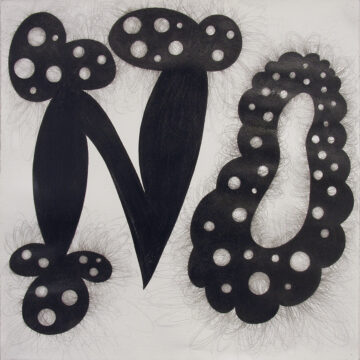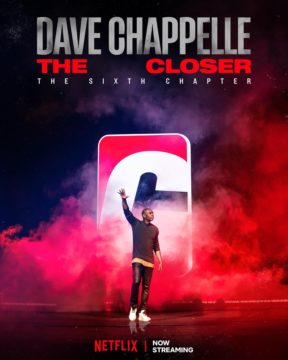by Marie Snyder
 We’re being asked to believe six impossible things before breakfast. We have to reckon with several upheavals at once: more conflicts, discrimination, poverty, illness, and natural disasters than many of us have ever seen in our comfortable lifetimes, and without a clear path forward. It’s unsettling. It feels necessary to find courage for this disquieting time. I was recently reminded of Maya Angelou’s words, “Without courage, we cannot practice any other virtue with consistency. We can’t be kind, true, merciful, generous, or honest.” It might help to look back to stories of those who were able to maintain their integrity in the face of prior adversities as we manage this collective anxiety.
We’re being asked to believe six impossible things before breakfast. We have to reckon with several upheavals at once: more conflicts, discrimination, poverty, illness, and natural disasters than many of us have ever seen in our comfortable lifetimes, and without a clear path forward. It’s unsettling. It feels necessary to find courage for this disquieting time. I was recently reminded of Maya Angelou’s words, “Without courage, we cannot practice any other virtue with consistency. We can’t be kind, true, merciful, generous, or honest.” It might help to look back to stories of those who were able to maintain their integrity in the face of prior adversities as we manage this collective anxiety.
Emile Durkheim wrote about this feeling back in 1897. Suicide is a book-length report on the four scenarios that provoke people to give up on life: egoistic, altruistic, fatalistic, and anomic. His discussion of anomy may be a useful warning for today:
“Whenever serious readjustments take place in the social order, whether or not due to a sudden growth or to an unexpected catastrophe, men [referring to all people] are more inclined to self-destruction. …. Man’s characteristic privilege is that the bond he accepts is not physical but moral; that is, social. He is governed not by a material environment brutally imposed on him, but by a conscience. … But when society is disturbed by some painful crisis or by beneficent but abrupt transitions, it is momentarily incapable of exercising this influence. … Appetites, not being controlled by a public opinion become disoriented, no longer recognize the limits proper to them. … The state of de-regulation or anomy is thus further heightened by passions being less disciplined, precisely when they need more disciplining. … A thirst arises for novelties, unfamiliar pleasures, nameless sensations, all of which lose their savor once known. … What blinded him to himself was his expectation always to find further on the happiness he had so far missed. Now he is stopped in his tracks; from now on nothing remains behind or ahead of him to fix his gaze upon. … He cannot in the end escape the futility of an endless pursuit. … Time is required for the public conscience to reclassify men and things.”
Abrupt transitions make it hard to think. Some political figures recognize a crisis as an opportunity because the public isn’t thinking clearly. We go into survival mode and become more animalistic, unable to organize in order to stop questionable policies. We thirst for novelty, using distraction to cope with the upheaval. Time may be required, but what do we do if it feels like there’s a never ending urgent crisis presented, one after another? More clever commenters recognize them as planted distractions to keep us confused, but that doesn’t significantly negate their effectiveness. Read more »



